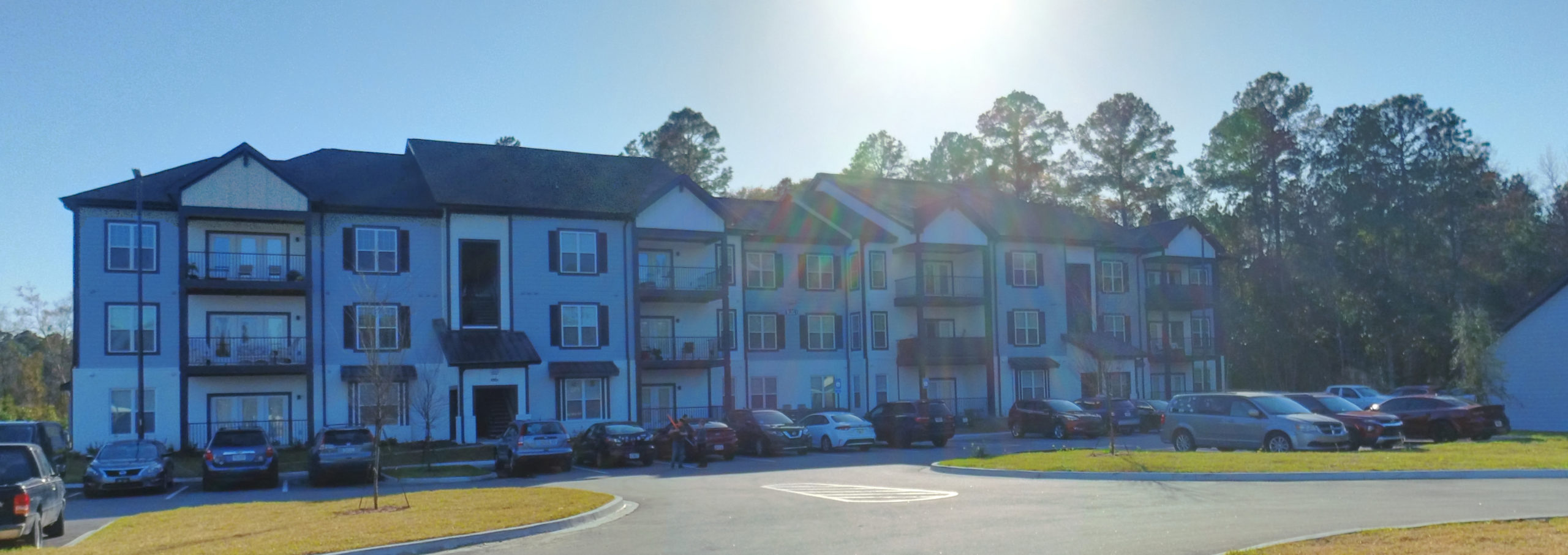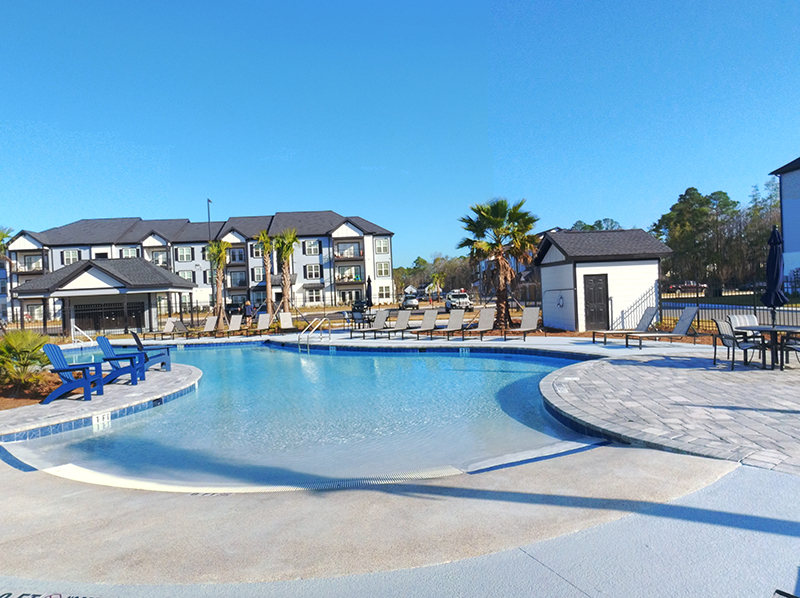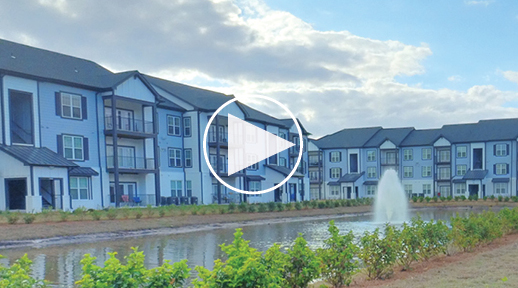The Enduring Attractiveness of Affordable Housing Products

- Today’s challenging economic climate has increased demand for affordable housing.
- Government financing and incentives programs make affordable housing lending products an attractive option.
- HUD-insured loans allow investors and developers to maximize loan proceeds and minimize required equity.
Climbing home prices, rising rents, and widespread inflation have combined to create a challenging economic climate for both businesses and individuals. Demand for affordable housing options remains high, though the current climate has exacerbated the affordability crisis that predates the pandemic.
The government financing and incentive programs for affordable housing continue to be a promising financing route for many investors and developers looking to serve this sector of the market, but not without challenges. Finding a lender, who can provide guidance from the initial quote through underwriting to closing, is one of the many difficulties these market participants face when they choose to pursue affordable housing financing products.
“We believe that the affordable housing market presents significant growth potential right now for developers and investors,” said John Caulfield, Executive Vice President, Chief Operating Officer, Agency Lending at Arbor Realty Trust. “With support and service offices from New York to San Francisco, Arbor is well-positioned to be the leading direct lender in the affordable housing space in all 50 states.”

Kingsland, GA
What Makes Affordable Housing Products So Attractive?
HUD-insured loans have a high leverage option that requires minimal equity to be contributed by the borrower. Depending on the product, borrowers may receive up to 90% the property value or 85% project cost provided through the loan allowing investors and developers to maximize loan proceeds and minimize required equity.
The availability of long-term, fixed-rate financing is another reason many borrowers find affordable housing products advantageous. In today’s climate of rising interest rates, locking in a rate at the outset can add significant value to the economics of a project, as well as certainty to the execution.
Arbor Realty Trust provides long-term Fannie Mae and HUD-insured financing solutions for developers and investors of affordable housing nationwide. Eligible properties include those that participate in the Low-Income Housing Tax Credit (LIHTC) or other programs requiring long-term housing affordability restrictions and those with Housing Assistance Payment (HAP) contracts.
“Affordable housing will always be a need in the U.S. The use of the HUD financing program by developers will make a lot of transactions pencil out, that might not be financially feasible with an open market transaction or traditional construction loan, and provide much-needed housing,” said Brian Blue, Managing Director, FHA Production.
Why Do Borrowers Choose Arbor?
“One thing that Arbor does very, very well is to get creative,” said Blue. “We have a lot of intellectual horsepower on both our production and our credit side. Our professionals are able to work very efficiently and collaboratively with the assigned HUD underwriters and legal teams to provide a superior execution that they might not find with another lender.”
Across the nation, the Arbor team of industry veterans is growing strong financial partnerships that produce success stories. “We pride ourselves in being partners with our clients and not just viewing them as another number in our pipeline,” said Blue.
To see how Arbor helped a developer secure 40-year, fixed rate financing for his project using the FHA 221(d)(4) product, see our latest success story. For more about Arbor’s Affordable Housing products, please visit: arbor.com/affordable-housing/.


